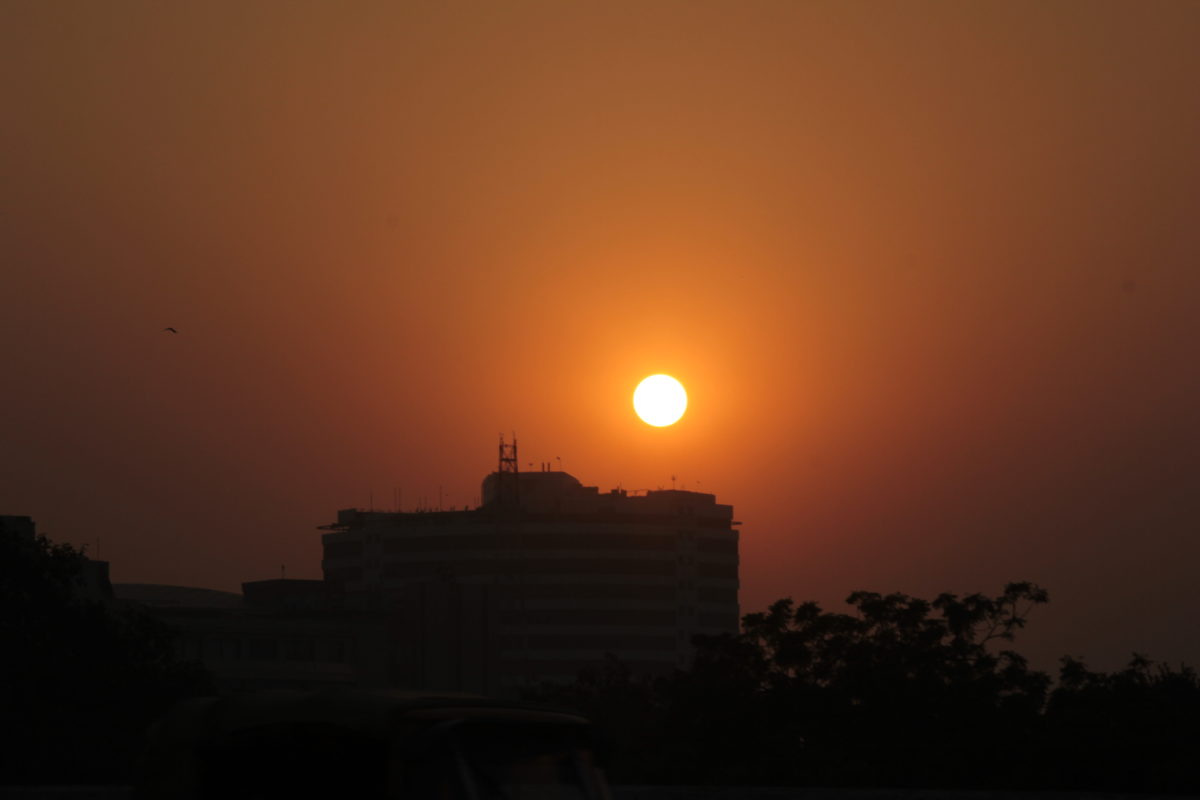The Delhi Solar Policy 2016-2020 has been released, placing rooftop solar PV at the heart of its guidelines.
Among the mandatory policies set to be put in place over the next four years is the requirement for all government buildings larger than 500 m2 within the city limits to install solar PV “as far as possible”. This is to be calculated as capacity in kW = (total shadow-free rooftop area x 75%) ÷ 12.
More widely, the policy applies to all and any solar system larger than 1 kW, and will attempt to create a climate that encourages many different financial models, including self-owned installations to third-party owned models, while offering a series of incentives, targets and regulations.
Other highlights from the policy include a generation-based incentive (GBI) of INR 2/kWh ($0.03/kWh) for all solar energy generated by residential solar providers for the first three years provided they produce a minimum of 1,100 kWh of solar energy per annum. If they cannot hit that threshold, then the GBI will not apply. The annual cap, meanwhile, will be 1,500 kWh.
Additionally, the policy also states that every solar PV project installed in Delhi will be treated as “Must Run”, meaning that the Delhi utility must not curtail or limit the solar power being provided to it.
Larger installations of 1 MW and above will require system owners to install a series of monitoring software and hardware, including measurements of solar irradiance, wind speed, ambient air temperature and electricity generated. The Delhi Electricity Regulatory Commission (DERC) will develop a virtual net-metering system by April 1 this year, enabling solar providers to become beneficial owners of a “collectively owned” solar project.
Finally, the state DISCOM will purchase 75% of its renewable purchase obligation (RPO) certificates from solar PV produced in the city.
This content is protected by copyright and may not be reused. If you want to cooperate with us and would like to reuse some of our content, please contact: editors@pv-magazine.com.



By submitting this form you agree to pv magazine using your data for the purposes of publishing your comment.
Your personal data will only be disclosed or otherwise transmitted to third parties for the purposes of spam filtering or if this is necessary for technical maintenance of the website. Any other transfer to third parties will not take place unless this is justified on the basis of applicable data protection regulations or if pv magazine is legally obliged to do so.
You may revoke this consent at any time with effect for the future, in which case your personal data will be deleted immediately. Otherwise, your data will be deleted if pv magazine has processed your request or the purpose of data storage is fulfilled.
Further information on data privacy can be found in our Data Protection Policy.